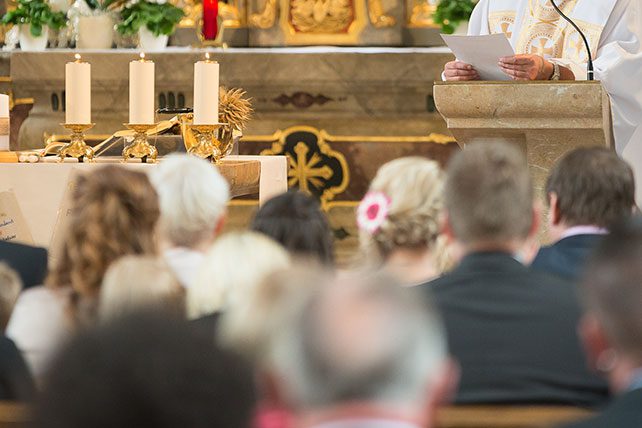Christianity, a faith rich in diversity and tradition, encompasses a wide array of beliefs and practices. Within this broad spectrum, Catholicism stands as one of the oldest and most influential branches, distinct in several key aspects from other Christian denominations. This blog post delves into the nuances that define the Catholic faith, highlighting the differences in papal authority, intercession, prayer practices, scriptural authority, the perspicuity of scripture, and doctrine interpretation.
Catholic and Christian: Understanding Faith and Practice
Catholics and other Christian denominations also diverge in their interpretation of certain doctrines, laws, and scriptural passages. For instance, issues such as the nature of the Eucharist, the role of baptism, and the understanding of salvation can vary significantly. Catholics rely on the Church’s Magisterium (teaching authority) to interpret these matters, while other denominations may turn to scripture alone or community consensus for guidance.
Papal Authority: The Role of the Pope
One of the most significant distinctions of Catholicism is the recognition of the Pope as the spiritual leader and head of the Church. Catholics believe that the Pope, as the successor of Saint Peter, holds a special place of authority and guidance within the Church. This belief is rooted in the biblical passage where Jesus tells Peter, “You are Peter, and on this rock I will build my Church” (Matthew 16:18), interpreting it as the establishment of papal primacy.
In contrast, other Christian denominations might not recognize the Pope’s authority, instead opting for a more decentralized structure of church governance. Protestant churches, for example, often adhere to the priesthood of all believers, emphasizing individual relationship with God and collective leadership within the church community.
Intercession: The Role of Saints and Mary
Catholicism holds a unique perspective on the intercession of saints and Mary, the mother of Jesus. Catholics believe that saints, being close to God in heaven, can intercede on behalf of the faithful, offering prayers to God. Similarly, Mary is venerated as the Mother of God and is believed to have a special role in interceding for believers.
RELATED: The Doctrine of the Church: Its Meaning, Members, and Means
Many other Christian traditions, however, focus solely on Jesus Christ as the mediator between God and humanity, as stated in 1 Timothy 2:5, “For there is one God and one mediator between God and mankind, the man Christ Jesus.” These traditions typically do not seek the intercession of saints or Mary in the same way Catholics do.
Prayer Practices: To Whom Do Catholics Pray?
Catholic prayer practices often include veneration and requests for intercession from Mary and the saints, alongside direct prayers to the Holy Trinity. This is seen in the widespread use of the Rosary, a devotional prayer dedicated to Mary, and the invocation of saints for specific causes or guidance.
Conversely, many other Christian groups advocate for direct prayer to God only, emphasizing a personal relationship with the Holy Trinity without the intercessory role of saints or Mary. This difference underscores the unique Catholic view of the communion of saints as an extended spiritual family that supports believers.
Scriptural Authority: Tradition and the Bible
Catholics hold that the Church’s authority and sacred tradition stand alongside the Bible in guiding faith and practice. This belief is based on the conviction that the Church, under the guidance of the Holy Spirit, has the authority to interpret and teach the Scriptures authentically.
In contrast, many Protestant denominations adhere to “Sola Scriptura,” the principle that the Bible alone is the ultimate authority in matters of faith and conduct. This stance emphasizes direct engagement with the scriptures and individual interpretation guided by the Holy Spirit.

